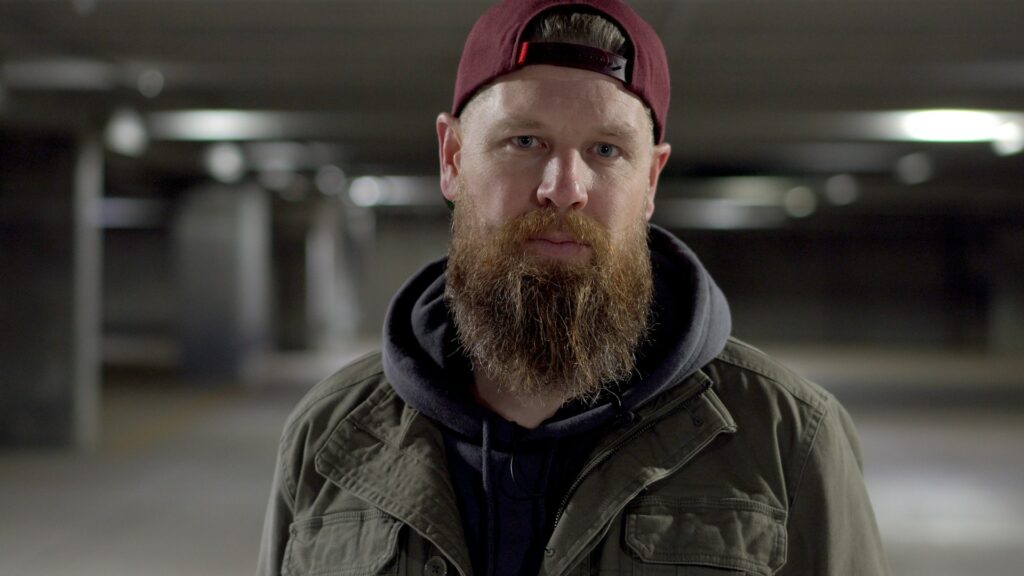Whether it’s missing a deadline, saying the wrong thing, or making a choice we later regret, mistakes are a part of being human.

Thankfully, however, not everyone lets their mistakes hold them back. Some people bounce back, learn, and move forward with more strength and wisdom. How do they do it? What’s the secret? It’s all in the habits. People who don’t let their mistakes define them don’t spend time dwelling on the past. Instead, they embrace growth, learning, and resilience. So if you’re ready to stop letting your past mistakes weigh you down, here are 13 habits that can help you build a stronger, more positive outlook.
They take responsibility, but don’t linger in guilt.

When people who don’t let their mistakes define them make a misstep, they own up to it. They recognise what went wrong, take responsibility, and then move on. The key here is that they don’t get bogged down in guilt or self-blame. Instead, they acknowledge the mistake and ask themselves, “What can I learn from this?” They understand that guilt doesn’t help anyone. It’s just a heavy weight that holds them back.
They focus on the lesson, not the loss.

Everyone’s heard the phrase “every mistake is a lesson.” It’s cliché, but it’s also true. People who don’t let their mistakes define them have a knack for focusing on the lesson instead of wallowing in what went wrong. They take the time to reflect on what happened, what they could have done differently, and how they can use that knowledge going forward. This habit shifts their perspective from defeat to growth. Instead of looking at mistakes as failures, they see them as stepping stones to becoming better.
They forgive themselves quickly.

Self-compassion is key. People who don’t let their mistakes define them are able to forgive themselves fast. They don’t beat themselves up for too long. They acknowledge their mistake, learn from it, and move on. They know that holding on to regret doesn’t change anything. They don’t expect perfection from themselves, and that understanding helps them stay resilient.
They don’t compare themselves to anyone else.

It’s easy to look at other people and think they have it all together, but people who don’t let their mistakes define them know that comparing themselves to other people isn’t helpful. They understand that everyone makes mistakes, and everyone has their own struggles. Rather than looking at someone else’s success or failure, they focus on their own journey. They know that their mistakes don’t define who they are in the grand scheme of things, and neither do anyone else’s.
They’re kind to themselves, even when no one else is.

Instead of indulging in negative self-talk, people who don’t let their mistakes define them are kind to themselves. They talk to themselves like they would a friend—offering encouragement, support, and understanding. They don’t call themselves “stupid” or “a failure.” Instead, they practise self-kindness, treating themselves with the same compassion they would show to someone they care about.
They embrace imperfection.

No one’s perfect, and people who don’t let their mistakes define them get that. They embrace imperfection and accept that they’ll slip up from time to time. Rather than aiming for perfection and feeling bad when they miss the mark, they aim for progress. They’ve learned to appreciate the messy, imperfect moments in life because that’s where growth happens. This habit allows them to move forward without feeling like they’re constantly falling short.
They don’t dwell on the past.

People who don’t let their mistakes define them don’t spend all their time replaying the past in their heads. They don’t sit there thinking about what they could have done differently or wishing they could change what happened. Instead, they acknowledge their mistakes, accept them, and move forward. They focus on what they can do in the present to improve and create a better future for themselves.
They set realistic expectations for themselves.

People who don’t let their mistakes define them know they’re only human. They set realistic expectations for themselves and don’t expect perfection. They understand that mistakes are inevitable and part of the learning process. By setting themselves up for realistic goals, they take the pressure off and create space for mistakes to happen without feeling devastated by them.
They focus on their strengths.

Instead of focusing on what went wrong, people who don’t let their mistakes define them focus on their strengths. They recognise their skills, talents, and the things they do well. When a mistake happens, they remind themselves of their worth, the things they’ve accomplished, and the qualities that make them strong. Focusing on their strengths helps them build their confidence and bounce back quicker after setbacks.
They let go of the need for approval.

Seeking validation from other people is something many people struggle with, but people who don’t let their mistakes define them don’t rely on anyone else’s approval. They understand that they can’t control how other people see them, and they don’t need everyone’s approval to feel good about themselves. This habit allows them to make decisions based on what’s right for them, not based on fear of judgement or rejection.
They practise mindfulness, even if they don’t call it that.

Mindfulness is all about being present in the moment. People who don’t let their mistakes define them know that being stuck in the past doesn’t help anyone. They practise mindfulness by staying grounded in the present, which helps them let go of any lingering negative emotions. Being mindful also allows them to respond to mistakes in a calm and clear-headed way, rather than reacting impulsively or emotionally.
They pat themselves on the back for the little things, too.

People who don’t let their mistakes define them celebrate their wins, no matter how small. They recognise that even though mistakes are part of the journey, so are the successes. Taking the time to celebrate progress, no matter how minor, helps them stay motivated and positive. It’s a reminder that they’re capable and that each step forward is something worth recognising.
They create a supportive environment.

The people around you can play a huge role in how you handle mistakes. People who don’t let their mistakes define them often surround themselves with supportive, encouraging individuals. They don’t waste time with people who are quick to judge or make them feel bad about their errors. Instead, they spend time with people who lift them up, cheer them on, and remind them that mistakes don’t define who they are.
They focus on progress, not perfection.

Finally, people who don’t let their mistakes define them understand that life is about progress, not perfection. They don’t get hung up on the idea that everything has to be flawless. Instead, they focus on doing better each day, learning from their experiences, and growing over time. Mistakes are just a part of the journey, and focusing on progress helps them keep moving forward without getting stuck in self-criticism.


